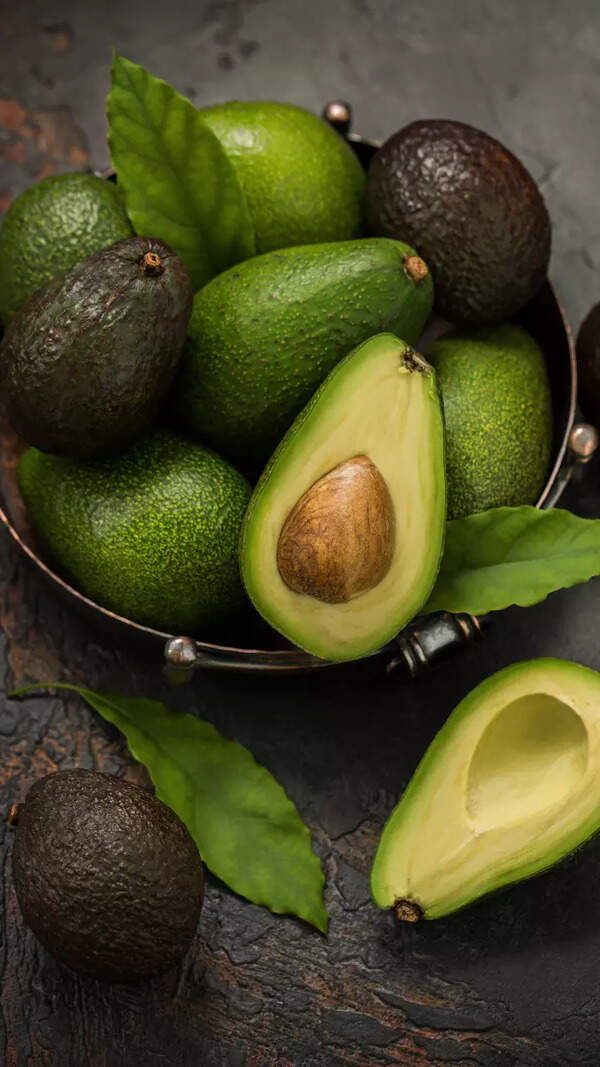- News
- lifestyle
- health-fitness
- health-news
- 5 things one must avoid doing to have shiny, white teeth
5 things one must avoid doing to have shiny, white teeth

How to keep our teeth pearly white?
A bright, white smile is seen as a sign of good health and hygiene. But sometimes, even with regular brushing and flossing, teeth can still look dull, stained, or yellow. Turns out, it’s not just about cleaning—it's also about what not to do.
Certain daily habits, often unnoticed, quietly strip away the natural shine of teeth. And, stress plays a sneaky role, too. Here are 5 things best avoided to keep that smile glowing and healthy.

Too much tea or coffee
A morning cup of tea or coffee is harmless if teeth are brushed daily. Even with regular brushing, excessive tea or coffee leaves behind microscopic stains. These drinks contain tannins—plant compounds that stick to enamel and cause yellowing over time. Black tea is especially known to stain more than coffee.
As per Dr Mandeep Singh Malhotra, Director of Surgical Oncology, CK Birla Hospital, Delhi, “Excessive alcohol consumption can severely harm oral health, with the most serious risk being an increased chance of developing oral cancers, particularly when combined with smoking. However, the damage begins much earlier, even in the precancerous stage. It weakens dental enamel, leading to tooth sensitivity, decay, and gum disease, which can eventually contribute to poor oral hygiene and cancer risk. Alcohol reduces saliva production, which is essential for fighting bacteria and protecting the mouth. A dry mouth makes it easier for infections and decay to develop. Alcohol increases mouth acidity, disrupting the healthy balance of oral bacteria. This can lead to bad breath, tooth stains, infections, and overall deterioration of oral tissues, including changes at the cellular level.”
Better habit: Rinsing the mouth with water right after sipping can help reduce staining. And choosing lighter teas occasionally can make a difference.

Brushing too hard
Hard brushing means better cleaning. Brushing aggressively wears down enamel—the shiny outer layer that reflects light and makes teeth appear white. Once enamel thins, the yellowish dentin underneath starts showing.
Better habit: Using a soft-bristled brush with gentle, circular strokes helps clean without damage. Brushing should feel more like a massage, not a scrub.

Skipping dental appointments
No pain means no need to visit a dentist.
Plaque and tartar quietly build up even when teeth look fine. These can cause yellowing and lead to gum disease. Dentists use tools that remove deep stains and polish teeth—a boost brushing alone can’t give.
Dr Malhotra also added, “Visiting the dentist regularly (every 6–12 months) can actually save lives by catching oral cancer early. In India, many cases go undiagnosed for too long just because people skip check-ups. Early signs like mouth sores, white/red patches, or weird lesions might seem harmless but can turn into cancer if ignored. Thankfully, with new tech like liquid biopsy, even a simple blood test can now help detect cancer early. If caught in time, oral cancer can often be treated with a small surgery—no scars, no chemo, no radiation needed. Plus, dentists also help prevent cancer by fixing issues like decayed teeth or gum problems that could otherwise turn risky.”
Better habit: Regular dental clean-ups every six months help preserve both shine and health.

Frequent snacking on sugary foods
A little sugar now and then won’t hurt.
Sugar feeds oral bacteria, which release acids that erode enamel. Over time, this weakens the natural brightness of teeth. Sticky snacks like candies or sugary drinks are the worst offenders because they stay on teeth longer.
Better habit: Snacking on crunchy fruits like apples can help clean the surface of teeth naturally. Also, drinking water after sugary foods helps wash away the acid.

A hidden enemy of oral health
Stress only affects mental health, not teeth.
Chronic stress leads to habits like teeth grinding (bruxism), jaw clenching, and even skipping oral care routines. Stress also dries out the mouth, reducing saliva flow, which is essential to wash away food particles and neutralise acid.
Dr Prafull Sabadra, Founder of Dr. Sabadra’s Advanced Dentistry Center - Personalised Dental Care with Advanced Dentistry, explains that stress doesn’t just affect your mind—it can seriously impact your oral health too. High-stress levels can lead to teeth grinding, jaw disorders, gum disease, canker sores, dry mouth, and even slower healing of mouth injuries. When stressed, people also tend to neglect oral hygiene, skip dental visits, and consume more sugar or tobacco, which only worsens dental problems. However, practicing relaxation techniques, maintaining a solid oral care routine, staying hydrated, and visiting the dentist regularly can help protect your smile. In short, managing stress is not just good for your mind—it’s crucial for your teeth and gums too.








